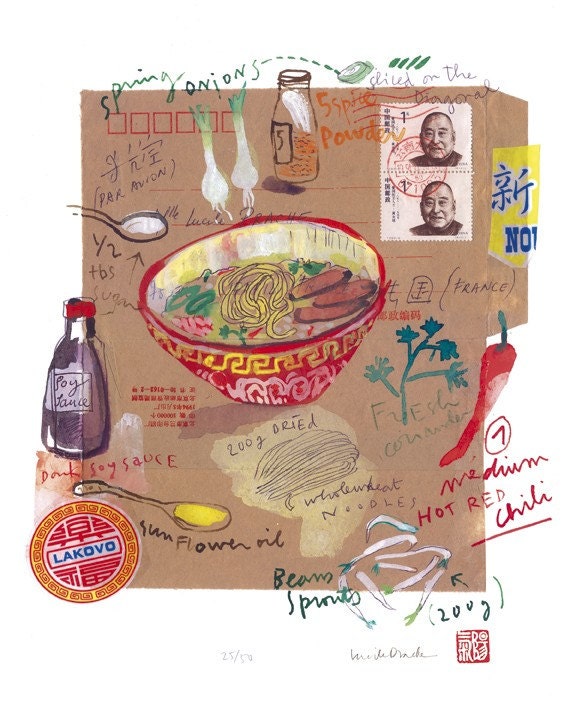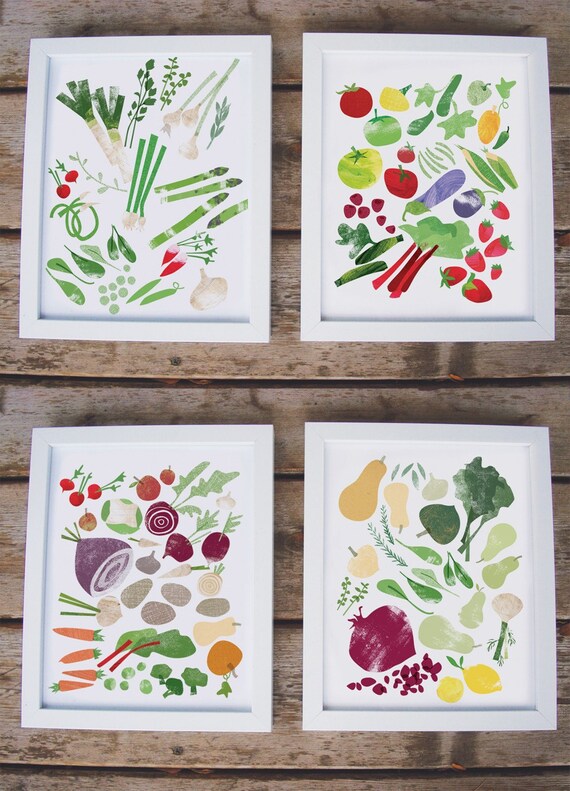Lately, I've been thinking about my food philosophy. Maybe it's being in Europe where the culture surrounding food is so different. It could also be eating out so much. But I've been trying to get my arms around what I've learned about food over the years. I've still not mastered my urge to indulge, but I've come a long way towards a balance that I am happy with. My weight will probably always fluctuate, but I am not willing to beat myself up about how I look. I'm much more interested celebrating and caring for the body that is my vehicle through the journey of life.
I thought I'd share a few of the books that have helped me develop my thoughts on food and how it functions in my life. I've listed them in the order in which I read them, in hopes that you can see the
illuminated path that led me from one book to the next. I hope you'll share your ideas with me in the comments as well.
Dr. Atkin's Diet Revolution
: This book was the first I'd read that challenged prevailing notions about what I
should eat and made me feel as if there was more to the story of food than "fat makes you fat". Atkins didn't work for me because it was too restrictive, but it got me thinking that maybe diet was not a one size fits all proposition. It was also the book that led me to give up "diets" fad and otherwise, forever after. I was looking for an eating lifestyle I could enjoy for the rest of my days.
French Women Don't Get Fat
: After Atkins, I realized I am not the sort of person who can skip champagne and pass on birthday cake. (Duh!) This book was just what I was looking for. The premise is that French women manage their waistlines not by deprivation, but by increasing the pleasure they take at table. They enjoy quality instead of quantity. They eat slowly. They identify the flavors that make it delicious. They think about the person who prepared it. They enjoy company at dinner. They talk. They sip wine. They savor that first flavorful mouthful and take time over it. (Try and savor cheap fast food. You'll find it impossible because the quality is missing.) Savor something, and you won't over-indulge because you have truly appreciated it. You don't need more. All of this was a revelation that somehow felt like something I had always known.
The Supper of the Lamb: A Culinary Reflection 
: My mother recommended this wonderful book and I enjoyed every moment of it. Written by a priest, you might expect something puritanical and didactic. Instead, it was a celebration of bounty, abundance and jubilation in all creation- especially the living food that we take in to nourish our own lives. This book elaborated clearly and beautifully something I'd felt intuitively for a long time- food is much more than fuel for our bodies. It is a way we connect to other people and nourish our spirits, bodies and each other. At least, this is what it can be at it's best. This book too was all about slowing down and taking time to notice what you are enjoying. This creates space so that you can honor yourself, your body and the people who come in contact with you.
My Life in France
: Although this book was more memoir than food writing, I loved reading about the travel, adventures, friends, markets, ingredients, shops, pots, pans, letters and intrigues that were the backdrop to Julia Child's extraordinary life in food. This was a woman who was fearless, independent, and creative and understood that good food has the power to bring out the very best in people.
In Defense of Food: An Eater's Manifesto
: Here is another book that reinforced notions I already held dear- that the less processed foods you buy and consume, the better off you are. I especially love that he offers guidelines instead of hard and fast rules because this is how life is. I need flexibility and a down to earth, practical approach to food, not tables, charts, graphs and calculators. I'd rather listen to the advice of cooks and farmers who are on intimate terms with the nature of food than someone who has been busy dissecting things in a lab and reformulating them to sit on a supermarket shelf.
Women Food and God: An Unexpected Path to Almost Everything
: By now you may be noticing a trend in my reading- the spine of my food philosophy, so to speak. I am seeking to build a connection between mind, body and spirit through a sensual approach to the physicality of food. This book reminded me that over eating is often misplaced self-medicating. When I mindlessly eat a whole bag of potato chips, I am trying to soothe something that cannot be soothed with food. The causes are variable; boredom, disappointment, anxiety, exhaustion, frustration, loneliness. But I can bravely choose to look deeper at my own mindless eating, at what I am trying to avoid. This awareness opens a doorway to what is sacred inside myself. Potato chips are a cheap, temporary and unacceptable distraction.
Vegetarian Cooking for Everyone
: I've
written about this excellent book before, but it is a wonderful addition to this list because it offers a tangible connection between all of this food philosophy and the kitchen. Deborah Madison provides a wide variety of techniques and ideas and leaves room for her reader to explore, improvise, taste, smell, look and touch. A more perfect finale, I can't imagine.
Are there any books or philosophies that have guided your life in food? A favorite cookbook? Advice from your mother? The wisdom of experience? I'd love to know about your journey and add material to my reading list.





1 comment:
I think our philosophies are quite similar. I am excited to check out The Supper of the Lamb -- thanks for the recommendation!
Post a Comment